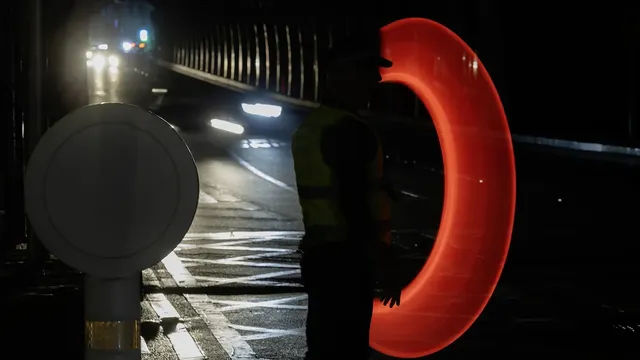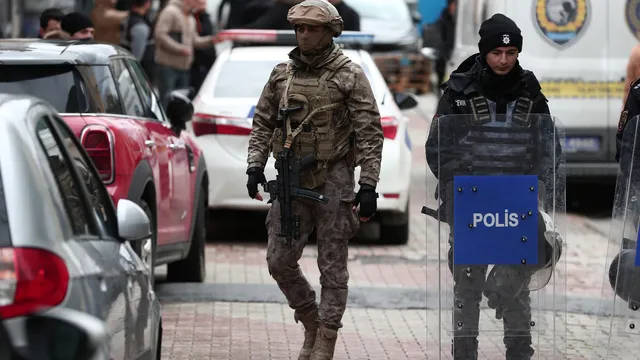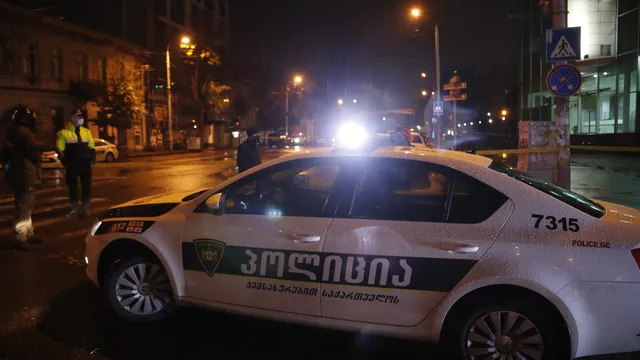Electricity has been almost fully restored in Spain and Portugal nearly 20 hours after a massive and unprecedented power outage that caused chaos across the Iberian Peninsula and whose cause is still unknown.
In the evening hours, the restoration of power in Spanish cities was often accompanied by applause and cheers from residents after a long day without electricity, but also without internet and mobile phones.
At around 6 a.m. Spanish time (7 a.m. Bulgarian time), 99.16% of the power supply in mainland Spain had been restored, according to the electricity transmission network operator REE.
The power supply in Portugal returned to normal today, according to the operator REN.
"All substations on the national transport network have been restored" and "we can now confirm that the network is completely stable," a REN spokesperson told AFP.
In Spain, the restoration of power allowed rail traffic to resume on several main lines, including Madrid-Seville and Madrid-Barcelona, according to the national company Renfe.
However, traffic remains suspended on several other main lines, with authorities giving priority to restoring suburban trains.
According to Transport Minister Oscar Puente, three trains were still blocked this morning in Spain with passengers on board.
In Madrid, the metro remains suspended. "We are continuing to work to restore the service," Madrid's transport company said on social media, advising residents to use buses.
Spanish Prime Minister Pedro Sánchez, who spoke late last night from his official residence, did not offer an explanation for the disruption, which began at 12:33 p.m. on April 28 in Spain (1:33 p.m. Bulgarian time).
"No hypotheses are being ruled out. There has never been a similar 'collapse' of the Spanish grid," he said, adding that "15 gigawatts" of electricity had been "suddenly lost" from the Spanish grid "in less than five seconds."
"Fifteen gigawatts corresponds to approximately 60% of the electricity consumption" in Spain at that time of day, the prime minister said.
His Portuguese counterpart, Luis Montenegro, spoke of a "serious and unprecedented situation," the origin of which "probably lies in Spain." | BGNES

 Breaking news
Breaking news
 Europe
Europe
 Bulgaria
Bulgaria







